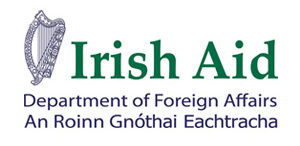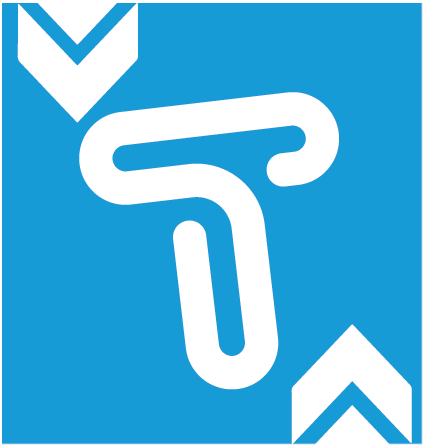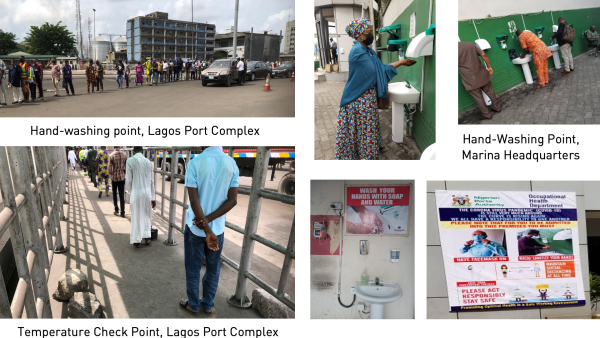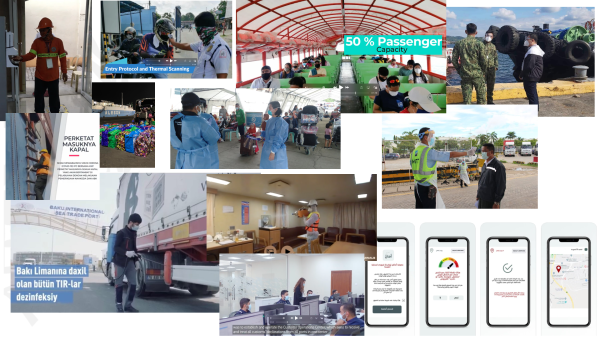
Building Port Resilience
Presentation
Course Details
Key Characteristics
| Activities | 2 weeks asynchronous moderated online course, 2 self-paced simulations exercises (30-45 minutes), 1 webinar (90 minutes) |
| Number of hours | 20 hours |
| Language | English, French and Spanish |
| Course platform | https://learn.unctad.org/ |
| Completion criteria | Average score from the 2 quizzes (on Sections 1-4) of at least 50% |
| Certificate | Yes – Electronic certificate |
| Price | Free of charge [1] |
[1] This course was financially supported by the United Nations Development Account and Irish Aid with the support of Valencia Port, Spain, and Marseille Fos Port, France.
Target Population
This special course was addressed to all actors involved in international trade, especially those involved with port operations. The course’s primary and secondary target populations were representatives from the following organisations:
Primary target:
Secondary target:
Objective
The objective of UNCTAD TrainForTrade’s Building Port Resilience Against Pandemics (BPR) special course was to support the implementation of measures and to prepare for and alleviate contingencies related to a pandemic in a port, port terminals, and other seaport actors.
More specifically, at the end of the course, participants were able to:
Pictures shared by participants during the 2021 course
There were 809 participants registered (36% women) from 96 countries. Over 1200 posts in the fora. 261 policy recommendations shared, 1000+ votes
“The course was very useful and interesting. I learnt a lot about how to develop mitigation plan related to pandemic disruption in broader view.”
“The materials based on examples in several ports are fit to be implemented in most ports. We could share our views and have other participants opinions and suggestions easily.”
“The learning method is interesting also, especially the simulation exercises.”
“This course helped me to appreciate the idea of establishing a Crisis Response Team in our office
From the Golden Book
Webinar video 27 July 2021

Webinar video 27 July 2021
Background of the Project
In the times of the global pandemic, various United Nations entities combined their efforts to propose a joint project that will implement standards, guidelines, metrics, tools and methodologies to immediately help governments, including Customs and other border agencies, port authorities, and the business community worldwide, to keep transport networks and borders operational to facilitate the flow of goods and services, while containing the further spread of the COVID-19 virus. One of its components focused on port resilience against invisible threats and on keeping ports safe and operational during pandemics.
TrainForTrade’s project included the exchange of best practices and new safety standards and the design and delivery of a training package to build essential skills for port community managers to help protect people and secure vital trade in ports (TFT Special Course “Building Port Resilience Against Pandemics”).
e-DACUM : Design of the Course Curriculum
The purpose of the phase from the TrainForTrade methodology called Design a Curriculum (DACUM), is to brainstorm on the subject of the new course being designed, i.e. “Port resilience against pandemics”. The goals are to define the objectives and content of job aids to be developed, write training objectives, define target population, and describe what the trainees would be able to do as a result of the training. Furthermore, the DACUM proposes how to design tests for each objective and how to finally sequence the objectives and group them into modules to form a curriculum. The DACUM process for this special course was held virtually for the first time and during three 75-minute sessions via Microsoft Teams and with the use of Padlet platforms.

Building Port Resilience Against Pandemics
Support:
This project was financed by the United Nations Development Account Tranche 13 (COVID-19) and Irish Aid.









